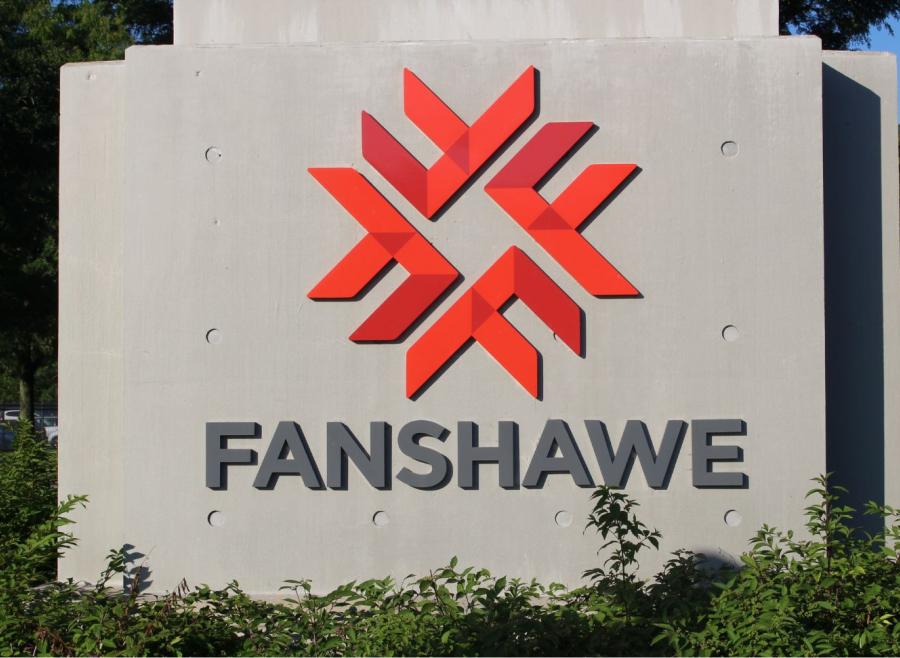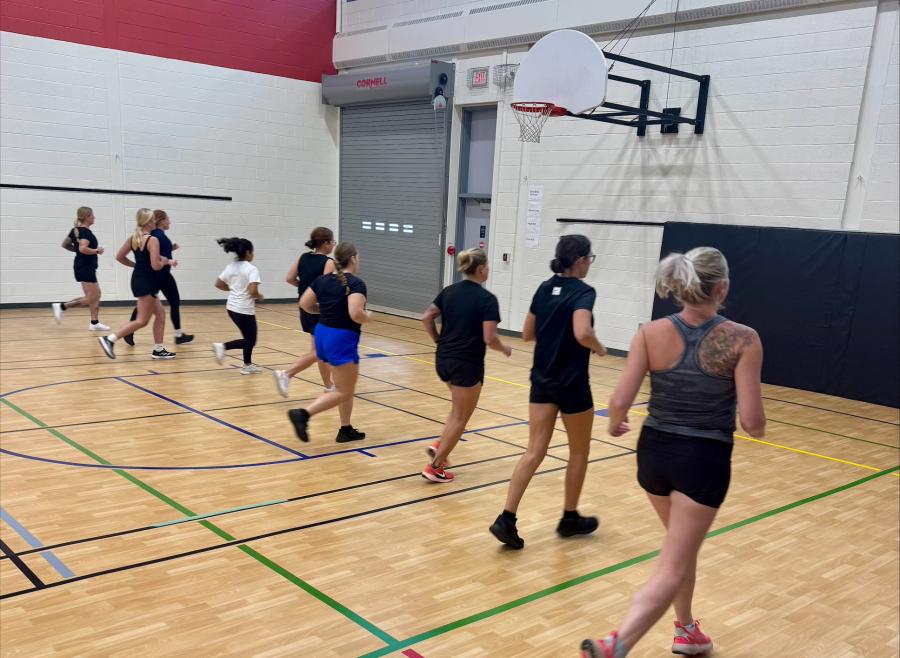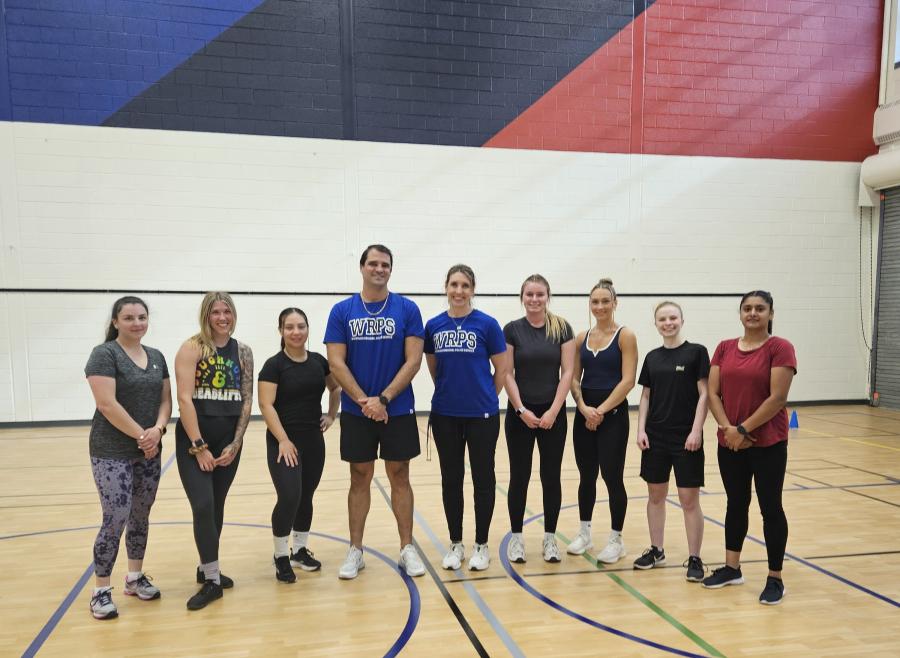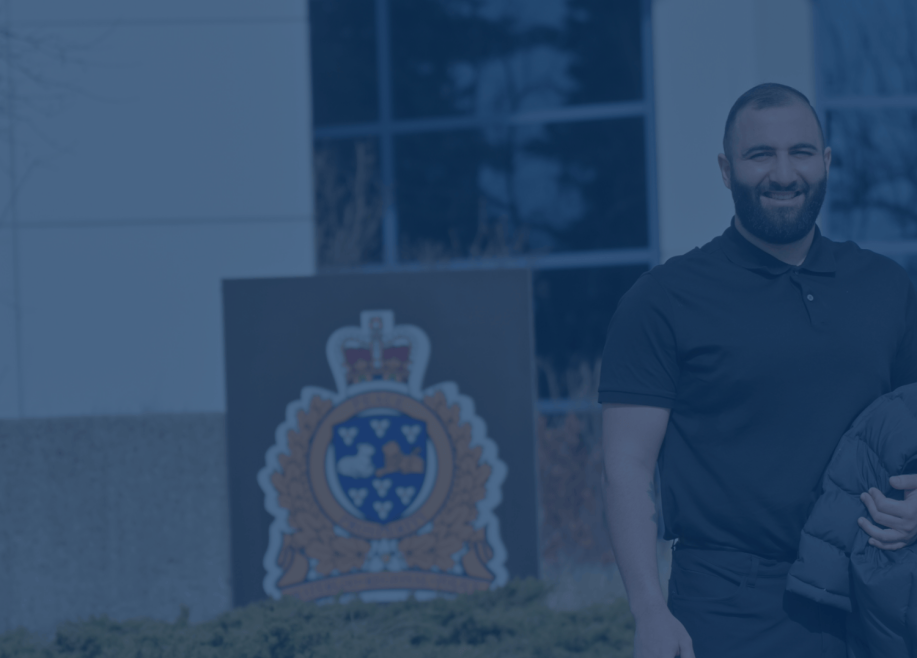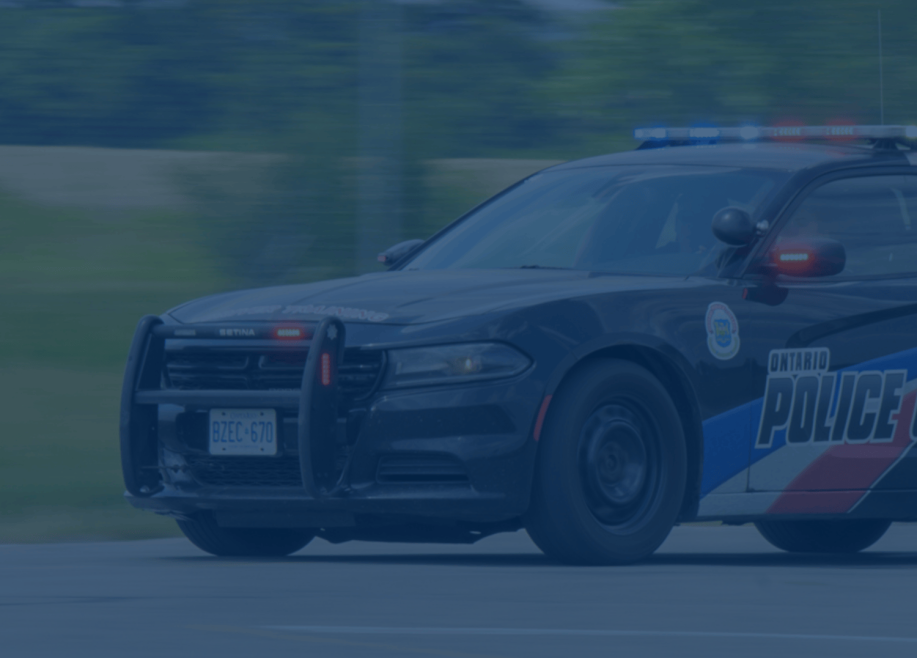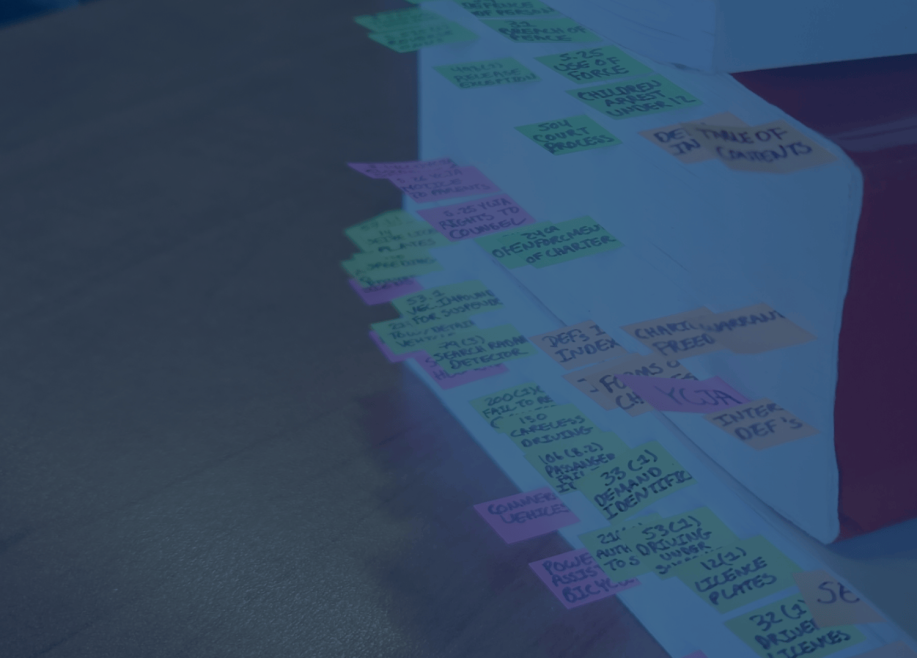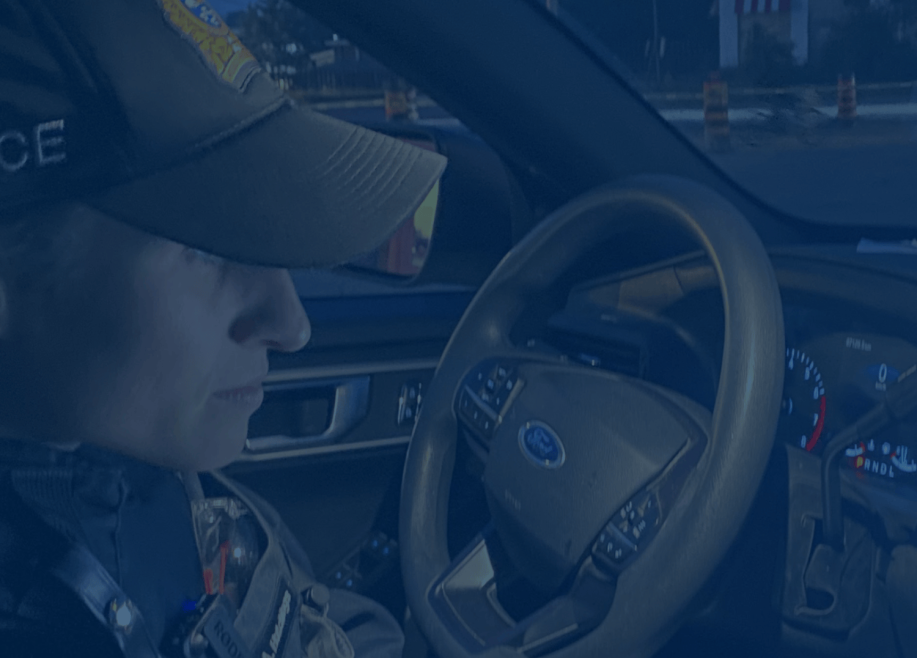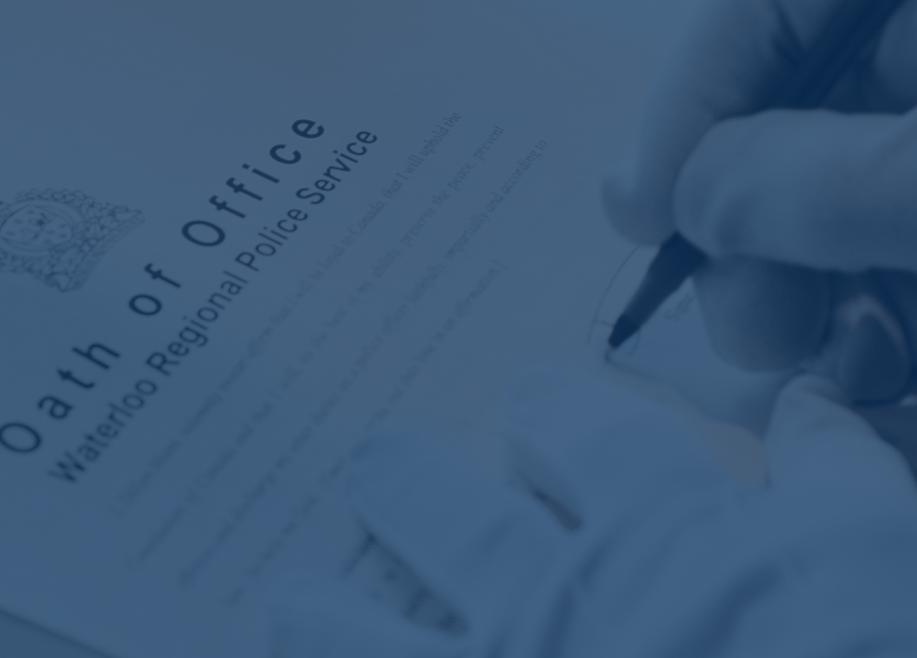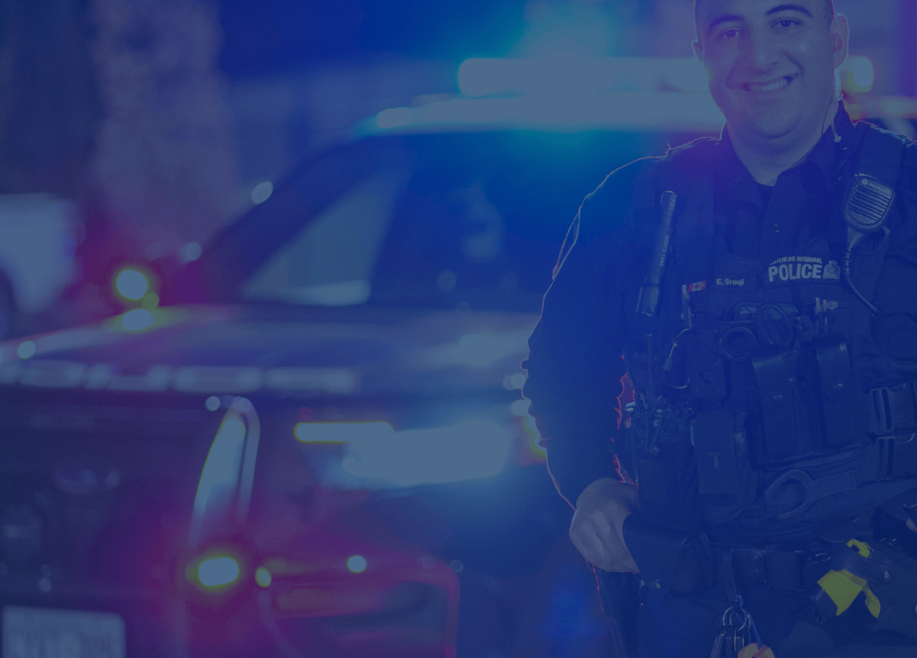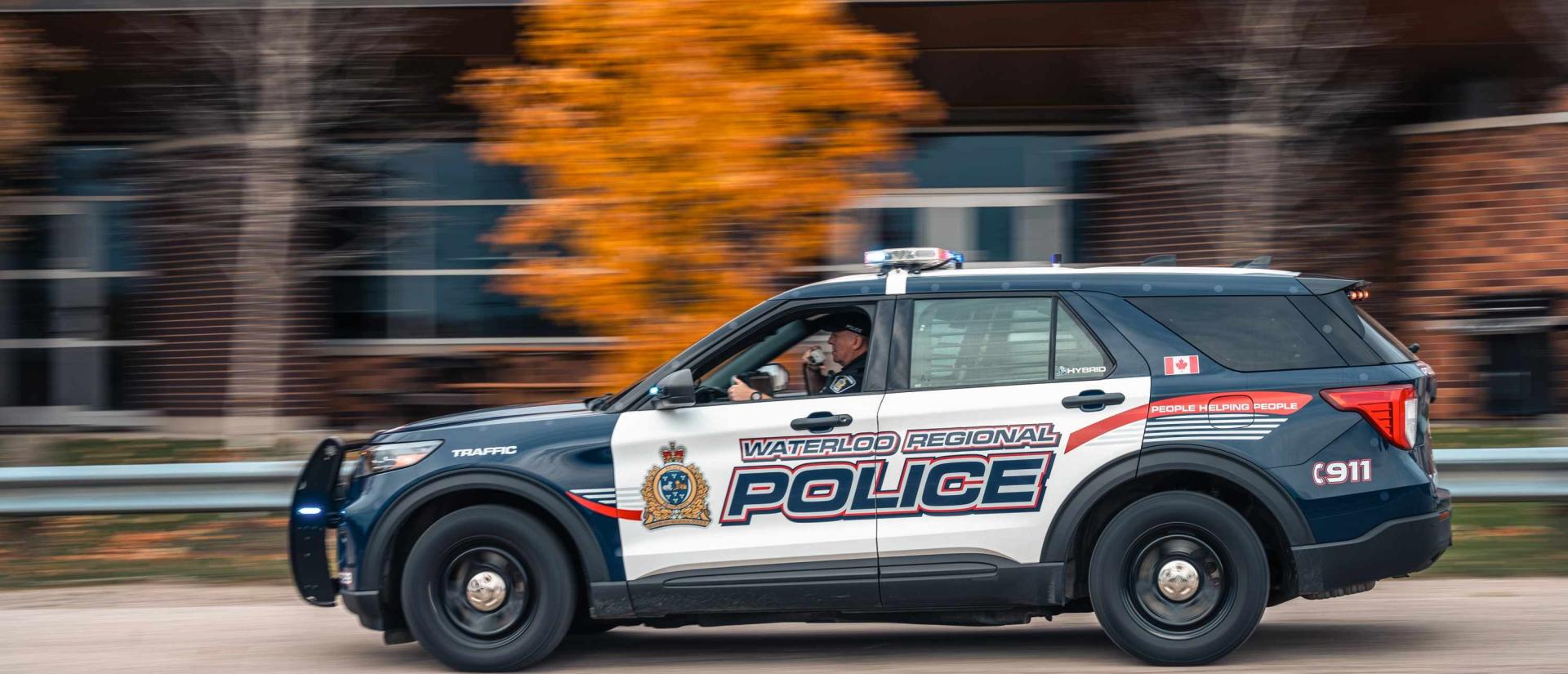
We are looking for talented and caring individuals who want a career as a Police Officer that makes a difference every day.
A career in policing is primarily about one thing: working with people to ensure public safety through crime prevention and law enforcement. Police work requires that a constable be able to build relationships in the community, showing sensitivity to and concern for the needs of people from all races, cultures and backgrounds. The Community Safety and Policing Act outlines the duties of police officers, some of which include:
- Preserving the peace;
- Preventing crimes and other offences and providing assistance and encouragement to other persons in their prevention;
- Assisting victims of crime;
- Apprehending criminals and other offenders, and others who may lawfully be taken into custody;
- Laying charges and participating in prosecutions;
- Executing warrants that are to be executed by police officers and performing related duties;
Police work is demanding. An officer works shifts, including evenings, nights and weekends, at all times of the year in all kinds of weather. This job is not one that everyone will like or can do well. But, for people who are genuinely interested in serving the community's needs, police work is rewarding.
The job challenges you each day in complex ways. Whether you are dealing with the security concerns of a store merchant, talking with a senior citizen, or befriending a group of local kids, you will find that a police constable bears a great deal of responsibility to the public. Fulfilling this responsibility will give you a sense of accomplishment and the confidence that you are contributing to a better community.
We also strive to reflect the diversity of the communities we serve. This commitment helps us continually improve our capability to deliver effective and responsive service to the community's needs. We are looking for people from all backgrounds and walks of life, including people of various races, cultures, and religions.
In-Training (Approximately Six Months)
$62,990
Fourth Class (Year 1)
$82,473
Third Class (Year 2)
$92,458
Second Class (Year 3)
$101,616
First Class (Year 4)
$117,235
Salaries as of July 1, 2025.
- Fully paid training
- Paid vacation
- Comprehensive Extended Health Care Plan including drug, medical, dental, vision and life insurance.
- Tuition reimbursement for continuing education.
- Top-up for maternity and parental leave.
- OMERS Pension
Legislative requirements
The Ontario Community Safety and Policing Act outlines some minimum requirements for police officers. You must:
- Be a Canadian citizen or permanent resident of Canada.
- Be at least 18 years of age.
- Be physically and mentally able to perform the duties of the position, having regard to your own safety and the safety of members of the public.
- Have successfully completed at least four years of secondary school education or its equivalent. Official transcripts and diplomas will be required. Where education has been completed outside Ontario, official proof of equivalency must be obtained by contacting the Ontario Ministry of Education and Training.
- Be of good moral character and habits, meaning that you are an individual other people would look upon as being trustworthy and having integrity.
Additional WRPS requirements
- A valid OACP Certificate
- Completed Constable Selection System Hearing and Vision Examination Forms
- Possess a valid driver's licence with no more than six accumulated demerit points, permitting you to drive an automobile in Ontario with full driving privileges.
- Possess a Standard First Aid Certificate and CPR Level C.
- Be able to pass a security clearance as well as background investigation, credit and reference checks.
- If you have any criminal convictions under a federal statute, you must obtain a pardon. If you have 'Findings of Guilt', which have resulted in absolute or conditional discharges, the records must be 'sealed' by the RCMP. This will be done automatically following one year if the absolute discharge is registered after July 24, 1992. For a conditional discharge, this will be done automatically following three years if the conditional discharge is registered after July 24, 1992. Otherwise, you must apply to have these records sealed.
Make yourself competitive above the basic requirements
We are looking for applicants who are:
- Passionate about their community and have a deep commitment to helping others.
- Applicants who have a desire for lifelong learning.
- Physically active.
- Aware of the Waterloo Regional Police and our service goals.
- Have experience working within a team environment.
- Organized and pay attention to detail.
The Waterloo Regional Police Service is accepting applications for lateral transfers from serving Canadian police officers and experienced Canadian constables.
Requirements
- A currently serving Canadian police officer who has completed a police officer training program through one of the following institutions:
- Ontario Police College
- RCMP Cadet Training Program (Depot)
- British Columbia Justice Institute;
- Northwest Law Enforcement Academy;
- Saskatchewan Police College;
- École Nationale de Police du Québec; or
- Atlantic Police Academy.
- Completed their probationary period
- Be in good standing with their current Police Service
- Have completed their probationary period with their current service.
Candidates who have completed a program of recruit police training in Canada may be considered for exemption from Basic Constable Training at the Ontario Police College (OPC).
The Ontario Police College will review requests for exemption, assessing the Candidate's resume, training certificate, and at least one reference from the jurisdiction in which the Candidate served to establish the nature of the Candidate's previous service as a police officer.
The Application Process
To start the process, apply online. After we receive your application, a recruiting team member will contact you.
The Selection Process
Our recruiters will invite applicants who pass the initial screen to complete the following:
- An interview/pre-background questionnaire
- A Psychological assessment
- A Background Investigation
- Submit a passed (75% or higher) Police Fitness Pin Test. The test must be completed within 12 months preceding the hire date.
- Medical & Security Clearance
The Fitness Test is the Ontario Police Fitness Award or the OACP CSS Physical Readiness Evaluation for Police (PREP). A test completed within the last 12 months will also be considered valid.
Successful Candidates
Successful candidates offered a uniform member position with the Waterloo Regional Police Service may be assigned to any of our three divisions.
They will also have their length of continuous police service as a uniform officer recognized for calculating the amount of annual vacation. The vacation will be prorated per the Waterloo Regional Police Association collective agreement.
More Information
If you have additional questions about WRPS or the Experienced Officer process, contact Sgt. Ben at benjamin.mikols@wrps.on.ca.
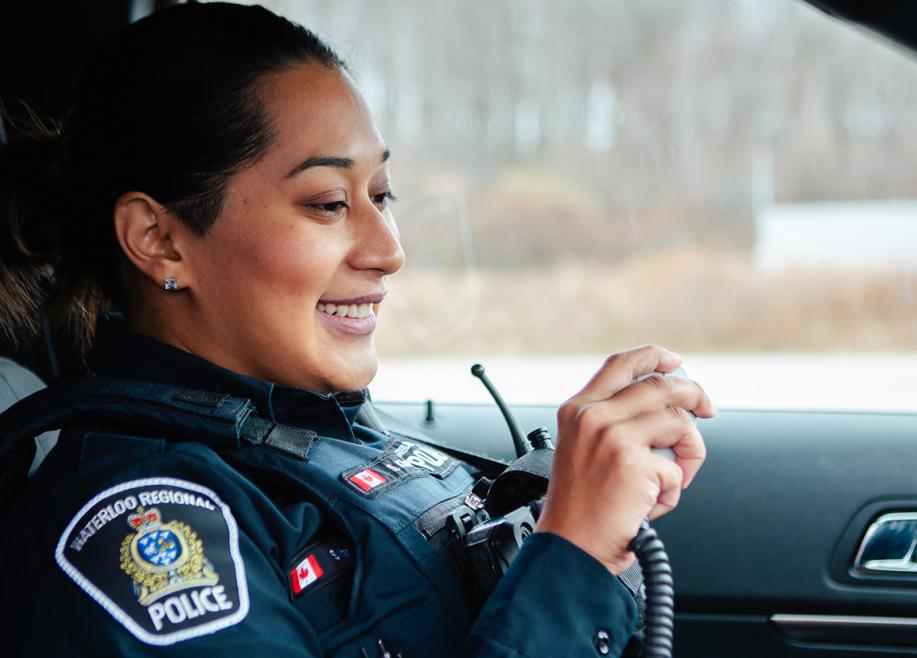
OACP Certificate of Results
First, you must obtain your OACP Certificate of Results.

Online Application
Submit your application to our Service using our online applicant tracking system.

Virtual 20-metre Shuttle Run
This phase of the process is a physical test to determine your suitability for the police constable position. You will video record yourself performing the Leger 20-metre Shuttle Run (also known as the “beep test”), and you must achieve a level 7.0 to pass.
Read the full submission instructions and watch the sample video.

The Local Focus Assessment
We will send you a Pre-Background Questionnaire and a Personal History Form to complete digitally before the assessment. The assessment is a scheduled, in-person session that includes written short-answer style questions.

Interview #1: Intake
This interview is typically 90 minutes long and completed virtually over Microsoft Teams. It assesses how you will act under a given set of conditions through ethics-based questions and a review of your previously submitted Pre-Background Questionnaire.

Interview #2: Essential Competencies
This interview typically takes up to two hours, and the questions focus on a police officer's essential competencies. Answering using the STAR method is best for this style of interview.

In-person 20-metre Shuttle Run
This phase of the process is a physical test to confirm your suitability for the police constable position. You will complete the Leger 20-metre Shuttle Run supervised by one of our members at a police facility and must achieve a level 7.0 to pass. In some cases, this may be completed virtually.

Psychological Test and Interview
This test and Interview determine your suitability for the world of policing. There is no way to study or prepare for this stage. Just get a good night's sleep and arrive on time.

Background Investigation
This step is where we speak with past employers, friends, family, personal references, and anyone else who we think might be able to help.

Job Offer
Successful applicants will be offered conditional employment as a Police Constable, subject to passing a medical examination, and completion of the Ontario Police College three-month Basic Constable program.
LEARN MORE
LEARN MORE
LEARN MORE
LEARN MORE
LEARN MORE
LEARN MORE
Connect with a Recruiter
The best way to connect with us is by email. Our recruiters monitor it regularly and work hard to get back to you quickly.

